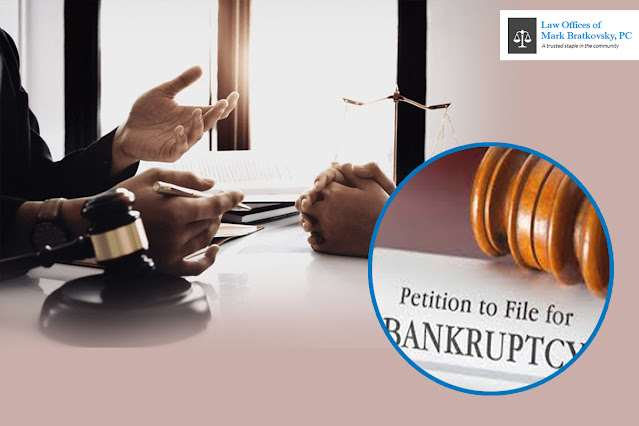As a small business entrepreneur, you might be unaware of when your business struggles. So, there are chances that you are uncertain about the best time to file for bankruptcy. Considering the situation, you need to undertake the right steps to keep your business flourishing.
In
short, bankruptcy enables the small business to restructure or discharge debt
and get the finances. While bankruptcy might turn out to be beneficial, you
cannot neglect the downfalls. Have a word with a proficient bankruptcy attorney Brooklyn NY, before
you make your decision.
Small
Business Reorganization Act (SBRA)
According
to the small business reorganization act, the act includes the provisions like
the following:
Streamlining
the overall reorganization procedure:
According
to this act, businesses can take advantage by eliminating procedural costs as
well as other needs associated with corporation reorganizations. The low-tier
firms can easily submit the restructuring plan accordingly.
Reorganization
Strategy
This
act also gives the court the right to approve the reorganization plan over any objection
of the creditor.
A
trustee’s Appointment
Besides
the above-mentioned plants, this act also offers an appointment of the trustee
for the low-tier firm debtor. The trustee should help the debtor develop the
reorganization strategy, thereby facilitating the reorganization of the debtor
and monitoring the reorganization plan’s fulfillment.
Postponed
payment of the administrative expense
The
debtor does not necessarily have to pay the administrative claims, such as
claims incurred for the post-petition services or goods, on the effective date
of the plan.
Residential Mortgage Modifications
It
does not apply any prohibition against the small business debtors for modifying
the residential mortgages. The fact is that the small business debtor may
modify the mortgage secured if their loan has been connected with their
business. Also, the loan must not be used earlier for acquiring a residence.
Discharge
restrictions
The
court may grant the discharge to a debtor once it pays all the due payments
within a span of 3 years or longer as the court determined. The discharge releases
the debtor of the debt liability under this plan with a few exceptions.
If
you think your small business needs to file for bankruptcy, it’s time you get
in touch with an attorney to understand the complexities associated with it
beforehand.




